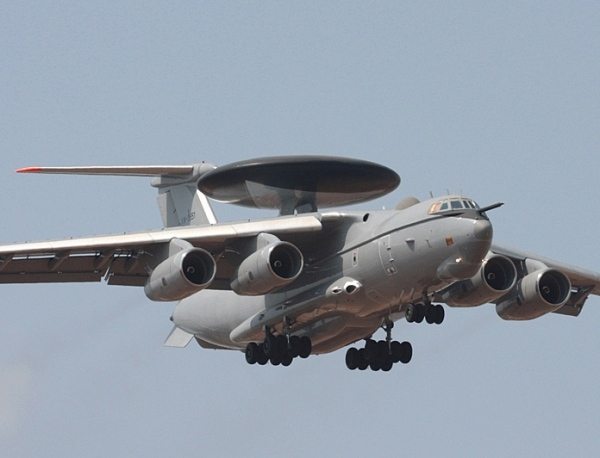Beggars can’t be choosers. When a government accumulates trillion-dollar deficits year after year, eventually there is a day of reckoning. For the U.S. military, that day is now.
Although the Pentagon continues to see a global landscape brimming with security challenges, it appears the political system has stopped listening. Or perhaps it just prefers the assessment of former Joint Chiefs Chairman Adm. Mike Mullen, who said the biggest danger the nation faces is its fiscal condition. Either way, Washington isn’t behaving like a place where people are real concerned about military threats.
So the defense budget has begun to shrink, and probably will continue doing so for many years to come. Postwar downturns in military spending have typically lasted for the better part of a decade, and this one has just begun. Readiness will suffer most in the near term, but over the longer run the key question will be “Ready for what?”
The joint force can maintain a high state of readiness on much less money if it has fewer missions. Today’s incipient readiness crisis results from the fact that military budgets have been cut repeatedly in recent years, but nobody has answered the query from Mullen’s successor concerning which tasks the military can stop doing. Faced with growing complaints about a “hollow” force, Congress and the administration will eventually start answering that question.
In a way the White House already has by insisting in its new Asia-Pacific strategy that America’s posture in Europe must “evolve,” meaning shrink. It also says “U.S. forces will no longer be sized to conduct large-scale, prolonged stability operations.” Goodbye nation-building, we knew ye well! Hopefully the military’s participation in drug operations south of the border will cease too, since those seem to have become a form of “instability” operations.
But what else will go? In general Congress will balk at cutting military activities sustaining jobs on the home-front, but will bristle at continuing to defend nations capable of protecting themselves. So I figure troop levels in Korea, naval presence in the Persian Gulf, and missile defense in Europe will get significant scrutiny.
In Korea, Congress will ask why Seoul can’t defend itself against the hermit kingdom to the north, given the fact that its economy is now dozens of times bigger. In the Gulf, legislators will want to know why defending distant oilfields is so important if America is headed for energy independence. And in Europe, they will ask why America is spending money protecting Europe from Iranian missiles when the Europeans are capable of footing the bill.
The bottom line in these and other mission debates that lie ahead is that America’s economy just isn’t what it used to be. A country that generated a third of global output on the eve of 9-11 now generates less than a quarter, and the federal budget has swung from surpluses to huge structural deficits. So we can’t afford to be a superpower anymore. Or at least, we’re not willing to afford it. We’ve got baby boomers to take care of, and they like to vote.











